Are you one of those parents, who is trying very hard to reconcile with their estranged adult child, but whatever you do, it just doesn’t seem to work?
One of the most common questions I receive from parents in my practice is whether they should keep trying to reach out or just give up.
In general, I think that parents should try to reach out to an adult child for a significant period of time with letters of amends, empathy, and attempting to address their complaints before they stop trying.
However, sometimes giving up is best for everyone. But when?
Here some good reasons when you should stop:
- You are being threatened with restraining orders.
- Your adult child says that they need time apart but will be back in contact.
- Whenever you do reach out, they’re consistently hostile and threatening.
- All your letters or gifts to them or to your grandchildren are sent back “return to sender.”
While those conditions may seem obvious, many parents feel like they’re being neglectful or abandoning their child if they stop reaching out.
This may be especially challenging for mothers who are often governed by the following convictions:
- Put yourself last, especially where your children are concerned, including grown children.
- Give till it hurts.
- Worrying about your child is part of being a good mother.
The constant cultural transmission is that if you don’t feel all of those things then you’re somehow behaving selfishly, irresponsibly, and unlovingly. That you’re being unmotherly.
Yet, sometimes the most loving, parental action is to allow the distance that your child says they need. You don’t have to commit to it forever. But if things are so inflamed that you’re getting threatened with restraining orders or your gifts are being sent back, then they’re too inflamed for progress to be made by reaching out.
And even if those conditions aren’t met, but you’re being ignored year-after-year, then discontinuing to reach out is probably best. I typically recommend at least a year.
Want to know more about the estranged parent-child dynamic? Read 10 Reasons Why Your Grown Kids Don’t Like You
Here’s why discontinuing to try is not only better for your mental health, it’s sometimes better for a potential reconciliation:
- Your estranged adult child may feel like you’re respecting their wishes more.
- They may respect you more for not continuing to set yourself to be rejected by them.
- It may invite more self-reflection on their part: “Hmm, my mother hasn’t reached out in seven months. Wonder what’s going on?”
- It may cause them to miss you. That old saying, “How can I miss you if you never go away?” is sometimes true in families.
- It gives the relationship time and space to allow things to become less inflamed.
It’s not easy to stop trying. But sometimes it’s best for everyone.
Joshua Coleman is the author of numerous articles and chapters and has written three books:
- When Parents Hurt: Compassionate Strategies When You and Your Grown Child Don’t Get Along (HarperCollins, 2007)
- The Lazy Husband: How to Get Men to Do More Parenting and Housework (St. Martin’s Press, 2006)
- The Marriage Makeover: Finding Happiness in Imperfect Harmony (St. Martin’s Press, 2004)
His new book: RULES OF ESTRANGEMENT will be released in Nov 2020
Written by Joshua Coleman
Originally Appeared In Psychology Today
It’s only natural as a parent to want to make amends with their estranged children. But sometimes, you might need to take a step back and give them some time to get over all the issues. Giving space to your estranged adult child is sometimes the best thing you can do for them and also improve the chances of a reconciliation.
If you want to know more about why you should stop trying with your estranged adult child, then check this video out below:
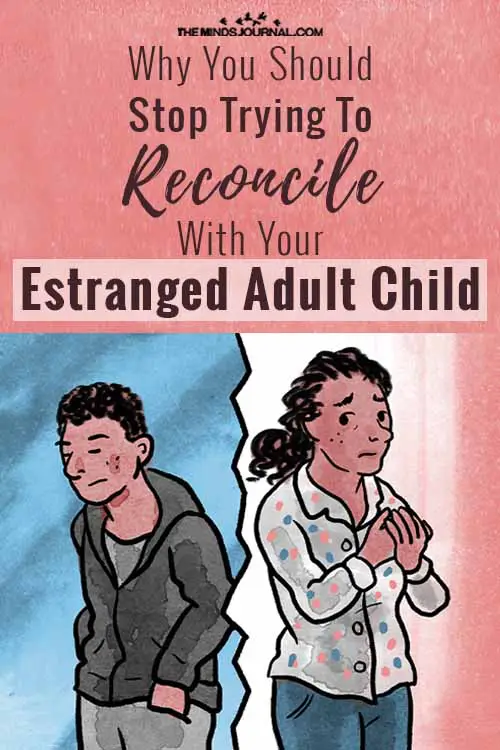
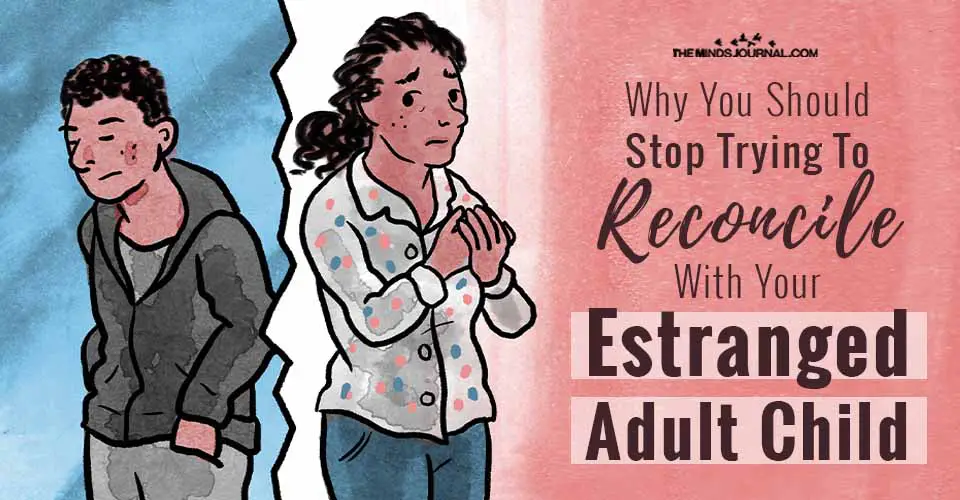




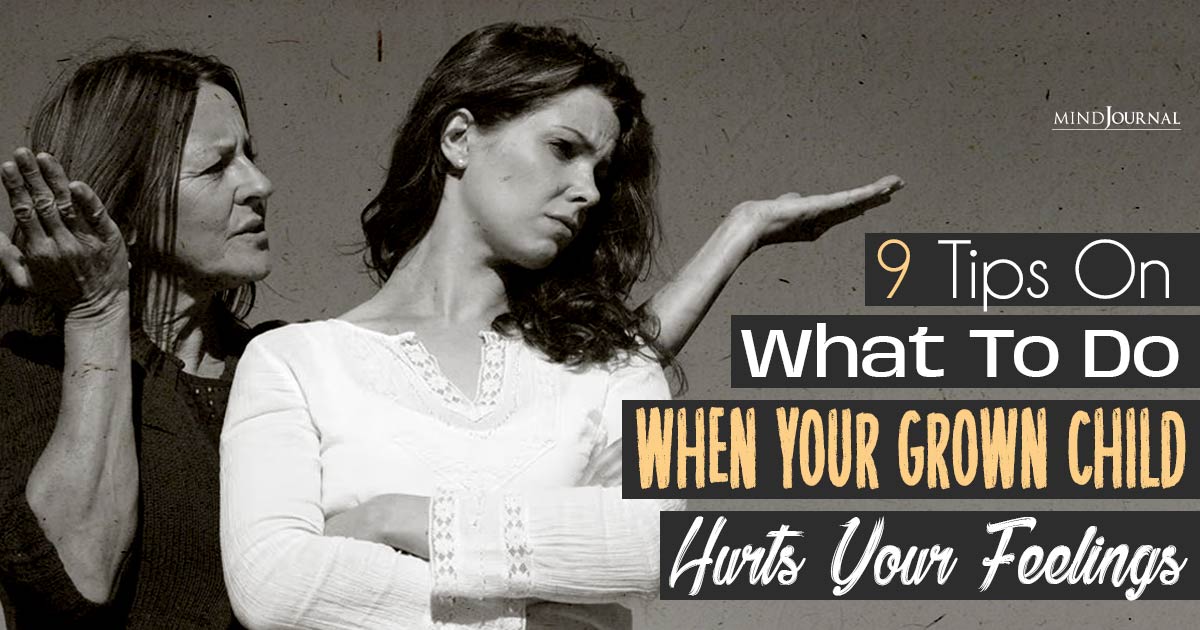
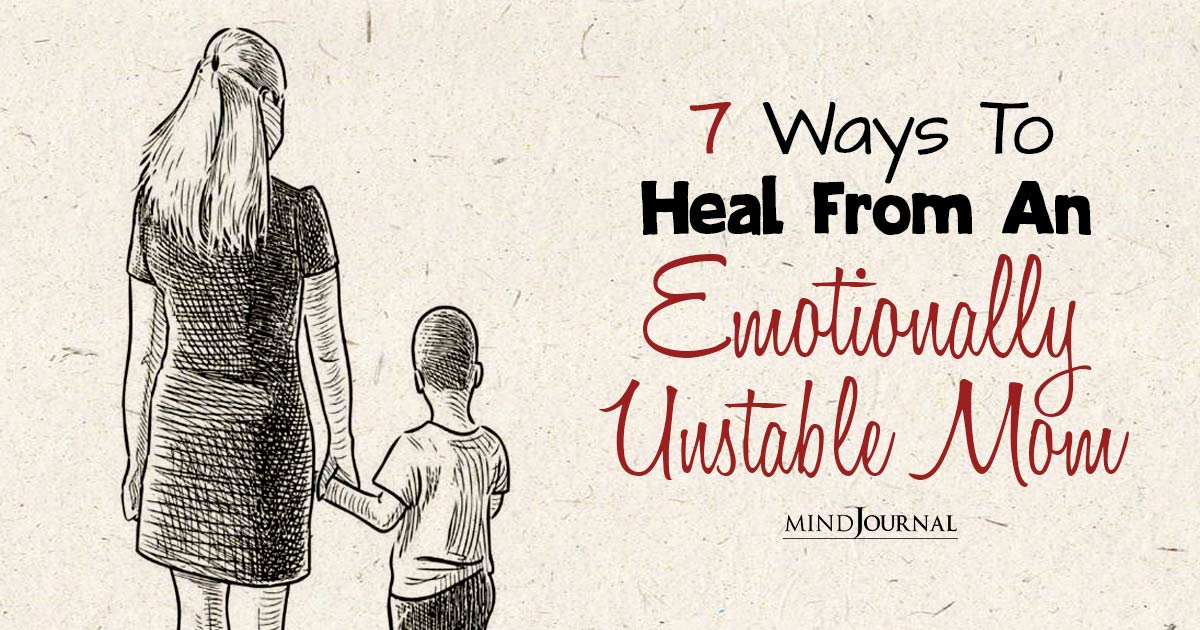
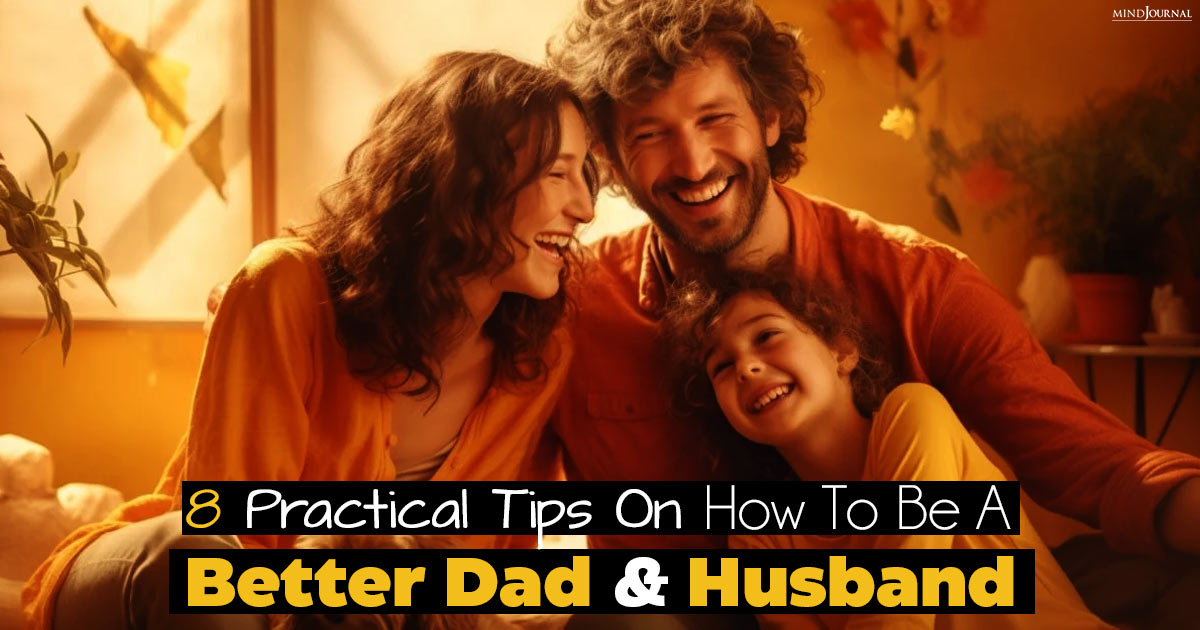
Leave a Reply
You must be logged in to post a comment.